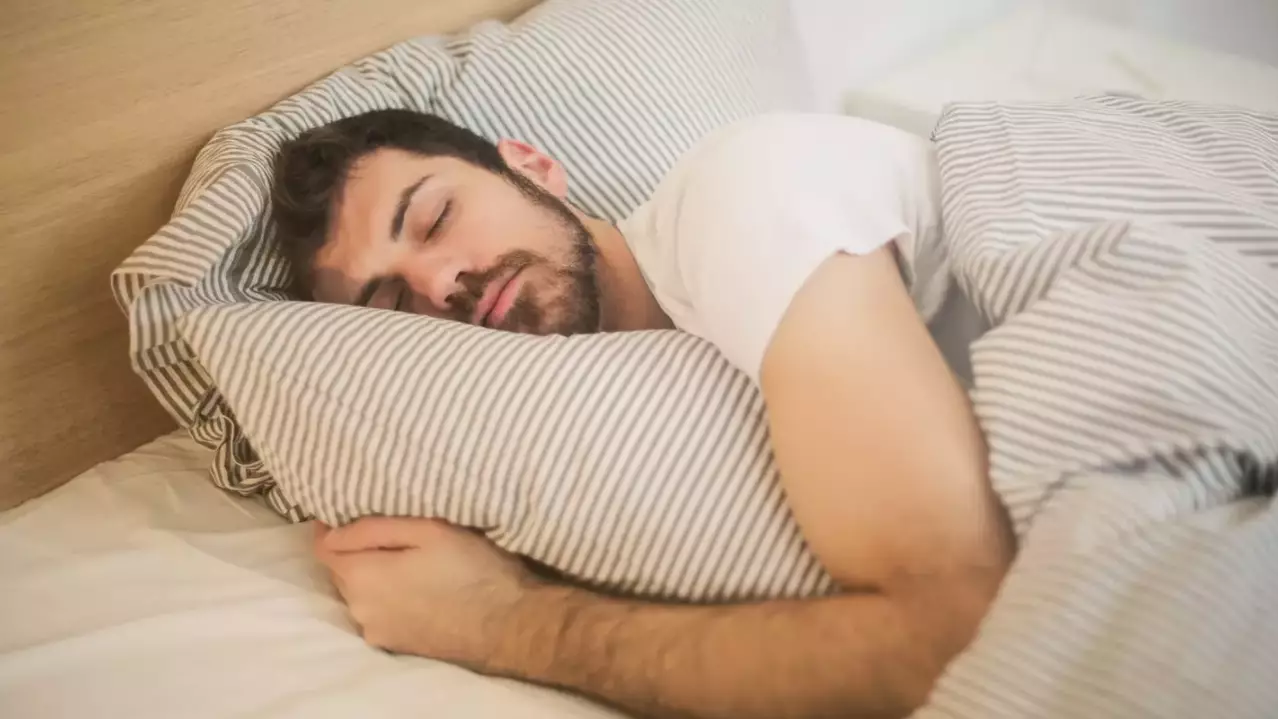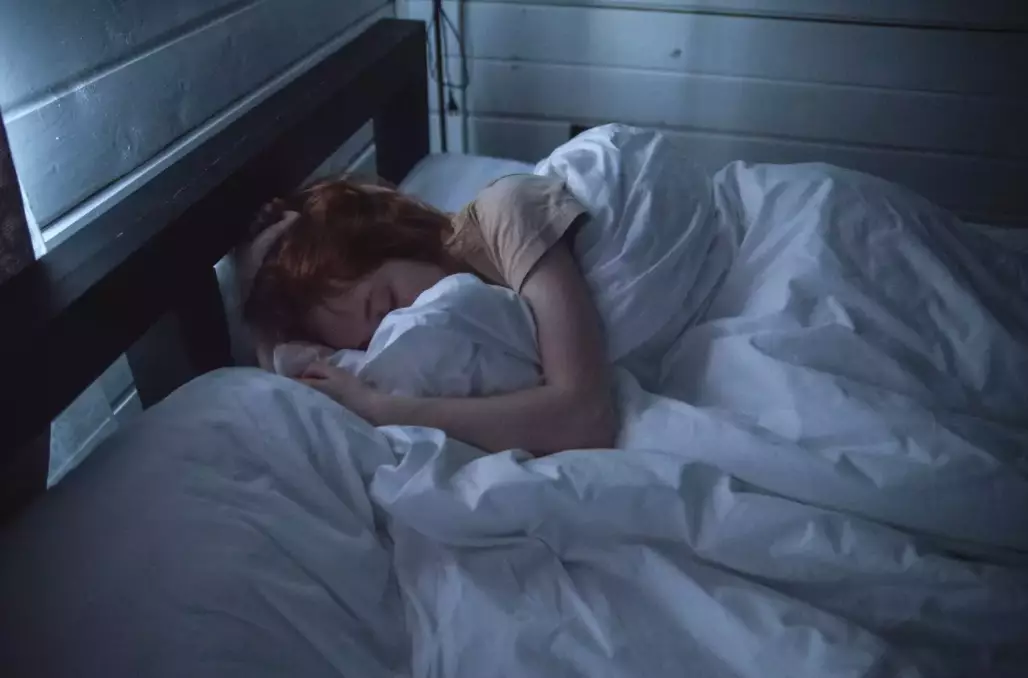
If those weird lockdown dreams have started up again, you can take comfort in the fact that you are definitely not alone.
With tough tier restrictions put into place across the majority of the country to attempt to stop the surge in coronavirus cases - and tougher lockdown restrictions expected soon - it seems that quarantine dreams, or 'quarandreams' as they should be known - really are a thing.
The added pressure of normal post-Christmas blues, the imminent return to work and education, as well as the uncertainty surrounding most peoples' situations, means that it appears the familiar lockdown dreams have returned.
Advert
Look:
Courtney Bancroft, a psychologist based in New York City, said that patients have been reaching out to her with concerns about their sleep, and have mentioned difficulties with dreams.
Advert
Speaking to Today back in April, Bancroft said: "When we see heightened levels of stress, we often see heightened levels of vivid dreams happening.
"Our brains get flooded with all sorts of neurotransmitters and chemicals, like adrenaline and epinephrine. When they're activated, even if it's during the day, it can actually remain present while you're sleeping, and that can interrupt the regular sleep cycle a bit and cause those vivid dreams."
She went on to explain that it's a sign of stress.
Bancroft added: "If you're experiencing higher levels of stress, your ability to let your guard down and sleep normally or deeply gets impaired.
Advert
"Your brain is trying to keep you alert, and this is where people might have difficulty falling asleep - or more intense stress dreams."

And that's not the only way lockdown and quarantine can affect your sleep. Lots of people have reported feeling groggy and more tired, despite moving less and, if you're anything like me, eating more.
Colin A Espie, Professor of Sleep Medicine at Oxford University, says that's down to our circadian rhythm - the fancy term to describe our body clocks.
Advert
Speaking to Sky News, Espie said: "We use daylight as a thing that trains our 24-hour body clock.
"People are getting less daylight and not getting up as early. That loss of light and change of habit allows the body clock to drift and can lead to a sense of malaise.
"It's important to maintain a routine and to get daylight. This means get up at your usual time, unless it was very early, getting dressed and so on.
"This helps keep the rhythm, and if you do your exercise outside, do it early in the day to make the most of the outside light early on."
Featured Image Credit: PexelsTopics: lockdown, Coronavirus